

Want to learn more about algaecide? Read on to find out when to add algaecide to your pool maintenance routine and other helpful tips.
Topics related to maintaining the Alkalinity of your swimming pool water.
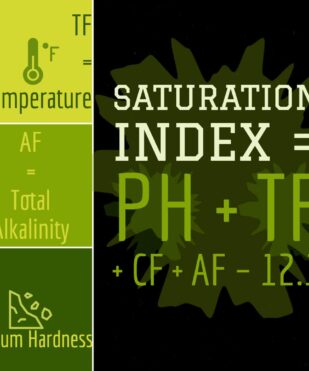
The Calcium Saturation Index (CSI) is a helpful tool for testing your swimming pool’s health. Read on to learn how to use it!
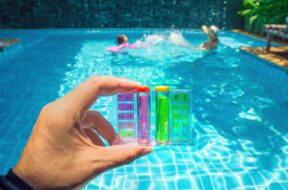
This article describes the chemistry involved in keeping your pool or hot tub safe and your water crystal clear.

Total alkalinity is similar and correlated to cyanuric acid. It’s not as volatile as free chlorine or pH and doesn’t require frequent testing.
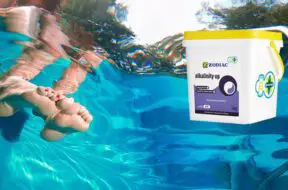
Swimming Pool alkalinity (often called total alkalinity) is a measurement of the concentration of alkaline materials in your pool. Alkaline materials stabilize pH but buffer chlorine sanitation.
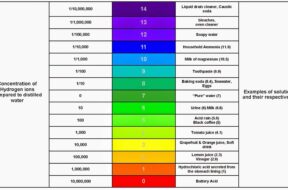
Maintaining both pH and total alkalinity in your swimming pool is important for keeping your pool properly sanitized and non-corrosive. Total alkalinity is to pH what cyanuric acid is to free chlorine. Total alkalinity stabilizes pH levels. The ideal pool pH level is 7.4 to 7.6. The ideal total alkalinity level is 80 to 120 ppm.


Want to learn more about algaecide? Read on to find out when to add algaecide to your pool maintenance routine and other helpful tips.
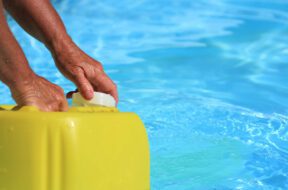

In this quick guide, we’ll answer the question “can you over shock a pool” and unveil the factors to consider when shocking a pool.



Maintaining both pH and total alkalinity in your swimming pool is important for keeping your pool properly sanitized and non-corrosive. Total alkalinity is to pH what cyanuric acid is to free chlorine. Total alkalinity stabilizes pH levels. The ideal pool pH level is 7.4 to 7.6. The ideal total alkalinity level is 80 to 120 ppm.
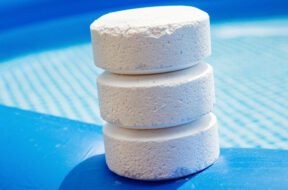

The Association of Pool and Spa Professionals recommends free chlorine levels for both swimming pools and hot tubs be kept between 2.0 and 4.0 ppm. However, the Center for Disease Control recommends free chlorine stay above 1 ppm in pools and 3 ppm in hot tubs.